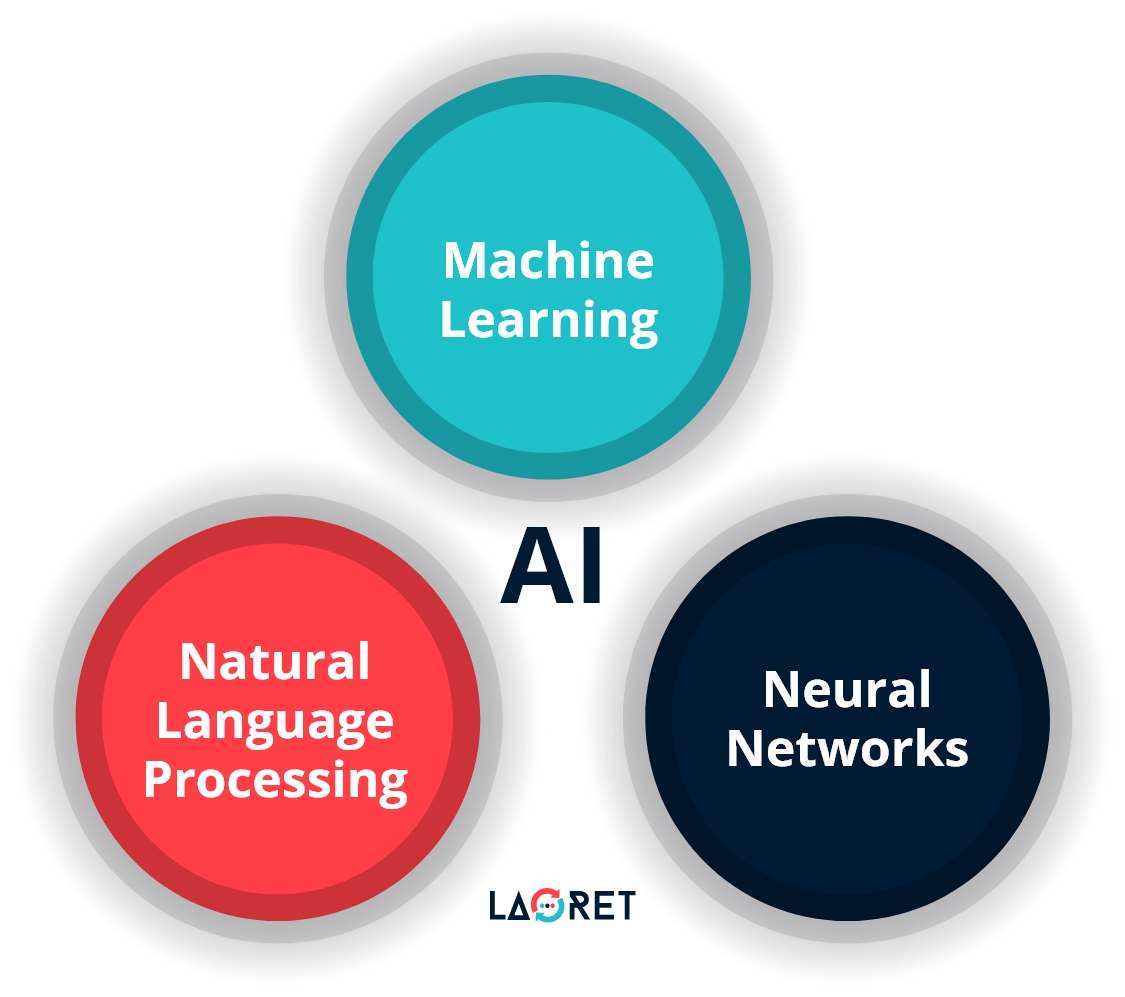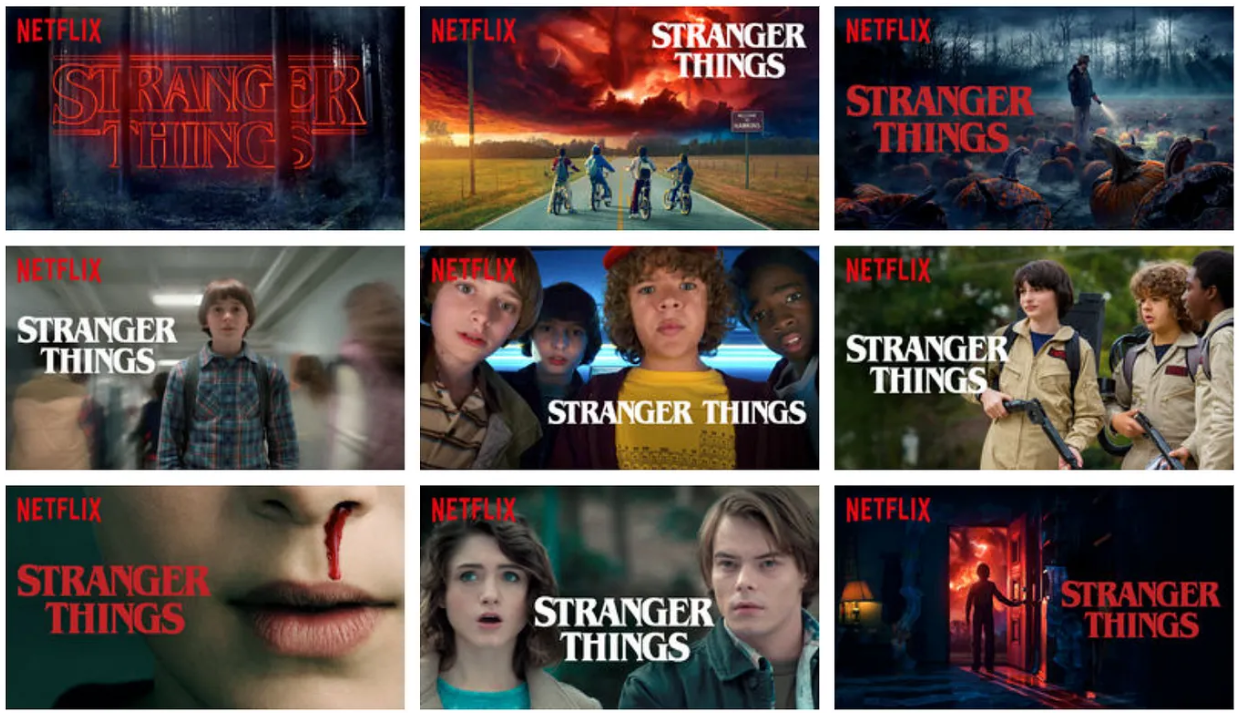AI and Localization: A Game-Changing Alliance
Doing quality localization at Speed and scale was nearly impossible in the past since things were usually done manually, leaving room for human error, extending project timelines and frequently resulting in operational bottlenecks.
However, the landscape began to shift in the 1960s, 70s, and 80s, with the introduction of computer-assisted translation (CAT) tools and advanced translation management systems. These innovations marked a leap forward, streamlining workflows, automating repetitive tasks, and boosting overall productivity.
But perhaps what has redefined what’s possible in the localization industry was the adoption of AI in Localization.
So, let’s explore together everything you might be excited to know about the strategic use of AI in localization in this comprehensive blog post.
Table of Contents:
What You Need To Know About The Use of AI In Localization
Artificial intelligence is invading every industry, often operating behind the scenes to streamline our daily lives. Without you even noticing it you might find your music app suggesting a playlist that matches where you are now, your preference, and your country’s most recent trends.
Amidst all of this, the translation and localization industry emerged as one of the industries most affected by the advances of artificial intelligence.
Many opportunities arise with the AI-assisted approach to localization. But before exploring them, let’s briefly tell you more about this emerging yet fast-maturing technology.
First Things First, What Is AI?
Artificial intelligence refers to the ability of machines to exhibit intelligent behavior, learn from experience, and perform human-like tasks. At its core, AI utilizes sophisticated algorithms that can interpret complex data, recognize patterns, and make informed predictions or decisions.
In localization workflows, AI brings powerful automation, scalability, and accuracy capabilities through techniques like natural language processing, neural machine translation, and machine learning.
Natural Language Processing
Natural language processing (NLP) allows AI systems to understand and interpret human language. In localization, NLP enables machines to analyze source text and identify keywords, proper nouns, terminology, and sentiment, and such contextual information is critical for translation quality and the cultural adaptation process. The algorithms of NLP power chatbots, summarization tools, and other language technologies used in the localization workflow.
Neural machine translation
Neural machine translation (NMT) utilizes deep neural networks that learn from vast amounts of bilingual text. This highly advanced type of machine translation has the ability to generate coherent, natural translations that almost achieve human-level quality for many language pairs.
But while there are still existing limitations to its overall quality, particularly in terms of cultural and contextual relevance, the advanced level it has reached has significantly sped up the human-post editing and the initial translation processes.
Machine learning
Machine learning algorithms use statistical techniques to constantly analyze data, and detect patterns or behaviors without being explicitly programmed.
In localization, machine learning improves translation quality over time by training neural machine translation (NMT) systems on millions of additional examples. And the more ML models are exposed to data, the more precise, productive, and cost-effective the overall translation and localization process becomes

Together, these core AI technologies facilitate faster, more cost-effective localization at scale while maximizing human performance and efficiency.
Localization and AI: No Better Combination
When we say AI and localization, many think that what we mean is an entirely automated process, void of the human touch.
However, the reality is quite different. AI is not replacing human localizers; it is maximizing their capabilities and becoming an invaluable partner in the localization process.
Making Multimedia Localization More Easily
AI now can adeptly localize images, videos, and even user interfaces, a development that holds considerable promise for the localization industry. This technological progress simplifies the complex task of multimedia localization, saving time and effort and cutting down costs, particularly when it comes to the expense of stock images.
To give you an example of how this can work in the blink of an eye, Localization professionals can utilize AI-powered tools to culturally tailor hundreds of images by altering aspects such as attire and color schemes almost instantaneously.
What’s more, is that it can even localize text on images so easily. This is just a new era where multimedia localization becomes not only more accessible but also more efficient and economical.
Enabling Seamless Personalization
As consumers increasingly demand more personalized experiences, localization, and personalization have become priorities for engaging global audiences.
AI doesn’t just make localization more efficient, but it fine-tunes it to reflect both regional nuances and personal preferences as it makes localization-specific personalization much easier.
| The Power of Personalization
80% of consumers are more likely to buy from a brand that provides personalized experiences. |
AI has brought to the localization industry the best automated personalization tools by utilizing machine learning algorithms that can analyze data and identify customer’s behaviors and preferences to deliver different types of personalization such as personalized content, messaging, recommendations, artwork, personalized websites, etc..
It has enabled businesses to deliver a more engaging and relevant experience to their customers, supercharging their localization efforts.
The best example for personalization of course goes to Netflix which relies on machine learning algorithms to power its recommendation engine and artwork. The search history, viewing data, and rating data of each user are analyzed and gathered to provide personalized recommendations.
In addition, Netflix even creates personalized artwork and homepage designs that match each user’s taste.
Streamlining The Localization Process
AI-based automation tools are also becoming a great asset for professional localization providers, boosting efficiency, scalability, and workflow optimization. AI applications, such as terminology management systems and translation memory databases, are automating routine tasks like the translation of repetitive words, phrases, and sentences.
Thanks to this, localization professionals are more able to expand their work seamlessly and at scale to meet growing demands, without compromising on quality or speed.
Additionally, these automation capabilities allow translators to redirect their focus toward more complex aspects of localization that require a nuanced understanding of cultural context and creativity which also contributes to maximizing the overall quality.
| The AI Advantage For Maximum Efficiency64% of businesses expect AI to increase productivity |
Enhancing Quality Control
AI-assisted translation quality assurance tools are revolutionizing quality assurance in translation, making it much easier to automatically scan translations for errors, inconsistencies, and other issues.
When it comes to extensive translation projects, maintaining consistency can be a real challenge, even for the most skilled human QA experts.
However, the implementation of automated quality checks offers a layer of support that is critical in preserving the integrity of translation quality across large volumes of work when coupled with the much-needed human oversight.
Experience The Difference of Working With Laoret
At Laoret we offer translation and localization services that truly make a difference for every valuable client.
With decades of experience in language services and ISO certification and relying on the latest and the most advanced translation technology, we offer top-quality localization solutions at the most competitive prices and the fastest turnarounds, tailored specifically to your needs.
We are here 24/7 and ready to help. Request a quote now!








